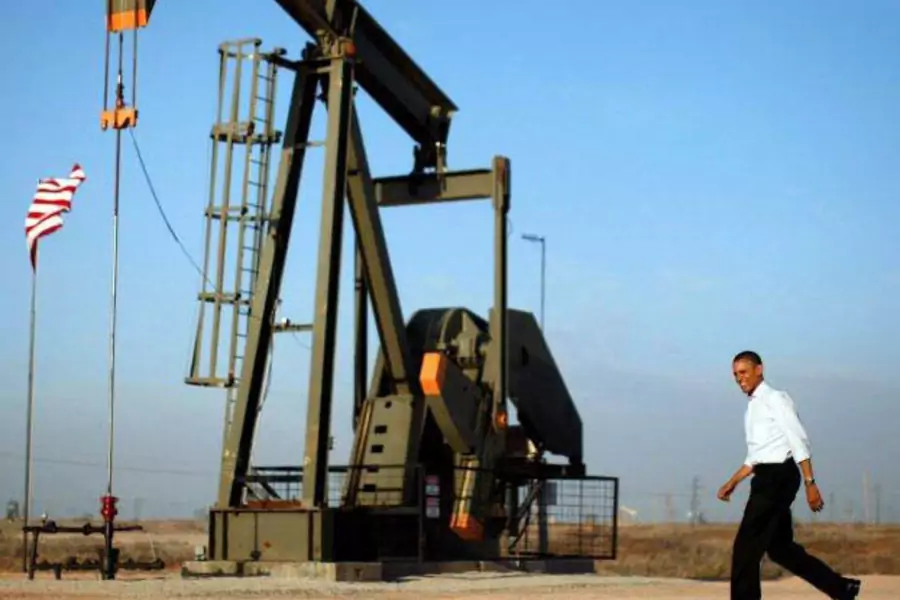New Energy and U.S. Economic Vulnerability

More on:
One of the promises of the fracking revolution that has sharply increased oil and gas production in the United States is that it might help to free this country from the economic ups and downs associated with a volatile world energy market. But a new Council on Foreign Relations Energy Brief, "The Shale Gas and Tight Oil Boom: US States' Economic Gains and Vulnerabilities," suggests that promise is over-stated. Even as U.S. reliance on foreign oil has diminished, it is still vulnerable to price shocks that could result from events in the Middle East or elsewhere.
The paper, by Stephen Brown of the University of Nevada, Las Vegas and Mine Yücel of the Federal Reserve Bank of Dallas, underscores that even with the recent boom, oil and gas production matters less in the United States than it once did. At the height of the last energy boom in the early 1980s, oil and gas production hit 4.3 percent of total GDP; today it is 1.6 percent, up from a low of 0.6 percent in 1999.
The good news here is that most state economies are more diversified, and thus would be more insulated from the impacts of a sudden rise in world oil prices. The bad news is that the potential for damage is still considerable; a 25 percent increase in oil prices, for example, would produce a loss of 550,000 jobs nationwide, with 42 states and the District of Columbia being hurt.
Some states—Texas, North Dakota, Wyoming, and five others—would benefit from rising oil prices. But their gains would not come close to offsetting the wider losses in the economy, with those eight states adding an estimated 100,000 jobs under the 25 percent increase scenario. The flip side is that those states would be hit hard by an oil price decline, even as the rest of the country would benefit.
The most encouraging new development is the decoupling of natural gas from oil prices due to huge increases in domestic gas production. Low gas prices mean that the petrochemical industry in Texas and Louisiana, for instance, could actually benefit from rising oil prices. And as more U.S. power generation comes from gas-fired plants, electricity prices would be less affected than when the United States relied more heavily on coal, which tends to move with oil prices.
The overall picture painted by the study is that the shale gas and tight oil revolutions, while they have in no way insulated the United States from global energy markets, they have certainly helped. And with all the other uncertainties currently facing the U.S. economy, that is a positive development.
More on:
 Online Store
Online Store
